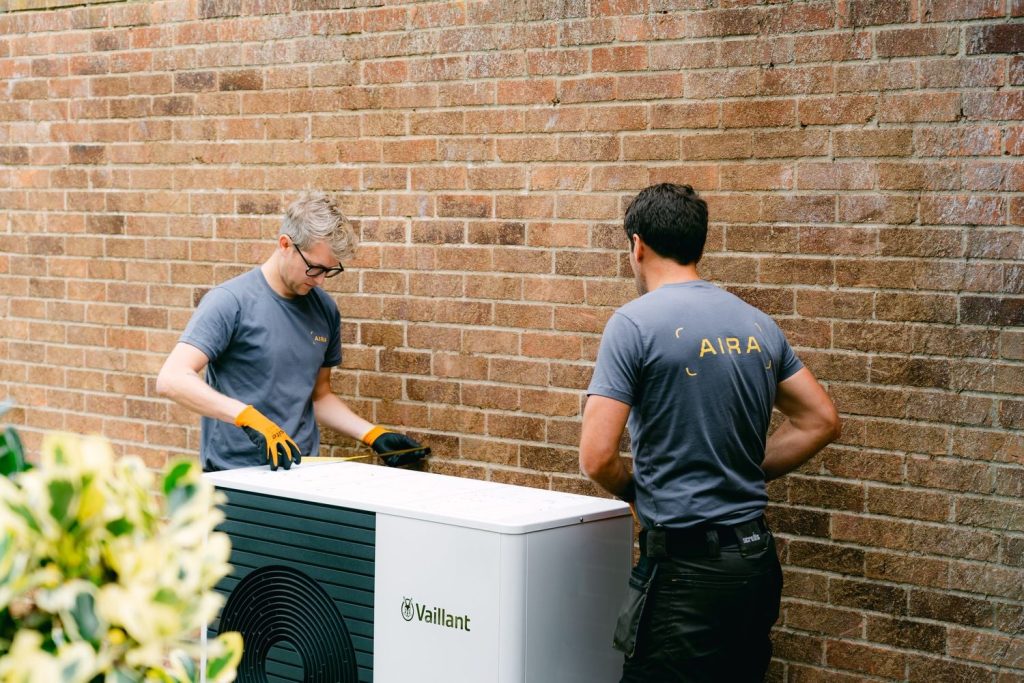Heat pumps have become an increasingly popular choice for homeowners seeking sustainable comfort solutions. Unlike traditional heating and cooling systems that burn fuel or use electricity to generate heat, heat pumps operate on a more efficient mechanism that transfers heat from one place to another. By using electricity to move heat instead of creating it, they provide a more energy-efficient alternative to conventional systems. This characteristic is especially beneficial in terms of sustainability, as heat pumps significantly reduce greenhouse gas emissions by relying less on fossil fuels. The basic principle behind a heat pump is relatively simple. During colder months, a heat pump extracts heat from the outside air, ground, or water and transfers it indoors to warm the living space. In warmer months, the process is reversed, and the heat pump extracts warm air from inside the home and releases it outdoors, providing cooling. This dual-functionality makes heat pumps versatile, offering both heating and cooling without the need for separate systems, which further enhances energy efficiency.

One of the most notable benefits of heat pumps Jnod is their high efficiency. For every unit of electricity, they consume, they can deliver multiple units of heating or cooling. This means that they use less energy than traditional systems like furnaces or air conditioners, which are less efficient and require more power to generate heat or cold air. The higher efficiency results in lower energy bills for homeowners, making heat pumps not only environmentally friendly but also cost-effective over time. Another significant factor that makes heat pumps a sustainable option is their use of renewable energy sources. Ground-source heat pumps, also known as geothermal heat pumps, take advantage of the earth is natural temperature, which remains relatively constant throughout the year. This makes them highly efficient and reduces the need for external energy sources. Air-source heat pumps, while reliant on outside air, are still more efficient than traditional heating systems, even in colder climates. Both types of heat pumps require minimal maintenance and have long lifespans, further contributing to their sustainability.
In addition to reducing energy consumption, heat pumps also minimize the need for carbon-intensive fuel sources. Traditional heating systems, such as gas or oil furnaces, release carbon dioxide and other pollutants into the atmosphere, contributing to climate change. In contrast, heat pumps produce little to no direct emissions, making them a cleaner choice. When powered by renewable electricity, heat pumps can be virtually carbon-free, aligning with global efforts to transition to greener energy solutions. Ultimately, heat pumps deliver sustainable home comfort by offering a highly efficient, low-emission solution for both heating and cooling needs. Their ability to reduce energy consumption, decrease reliance on fossil fuels, and integrate seamlessly with renewable energy sources makes them an ideal choice for environmentally conscious homeowners. With their versatility, long-term savings, and positive impact on the planet, heat pumps are helping to create a more sustainable future for residential energy use.

